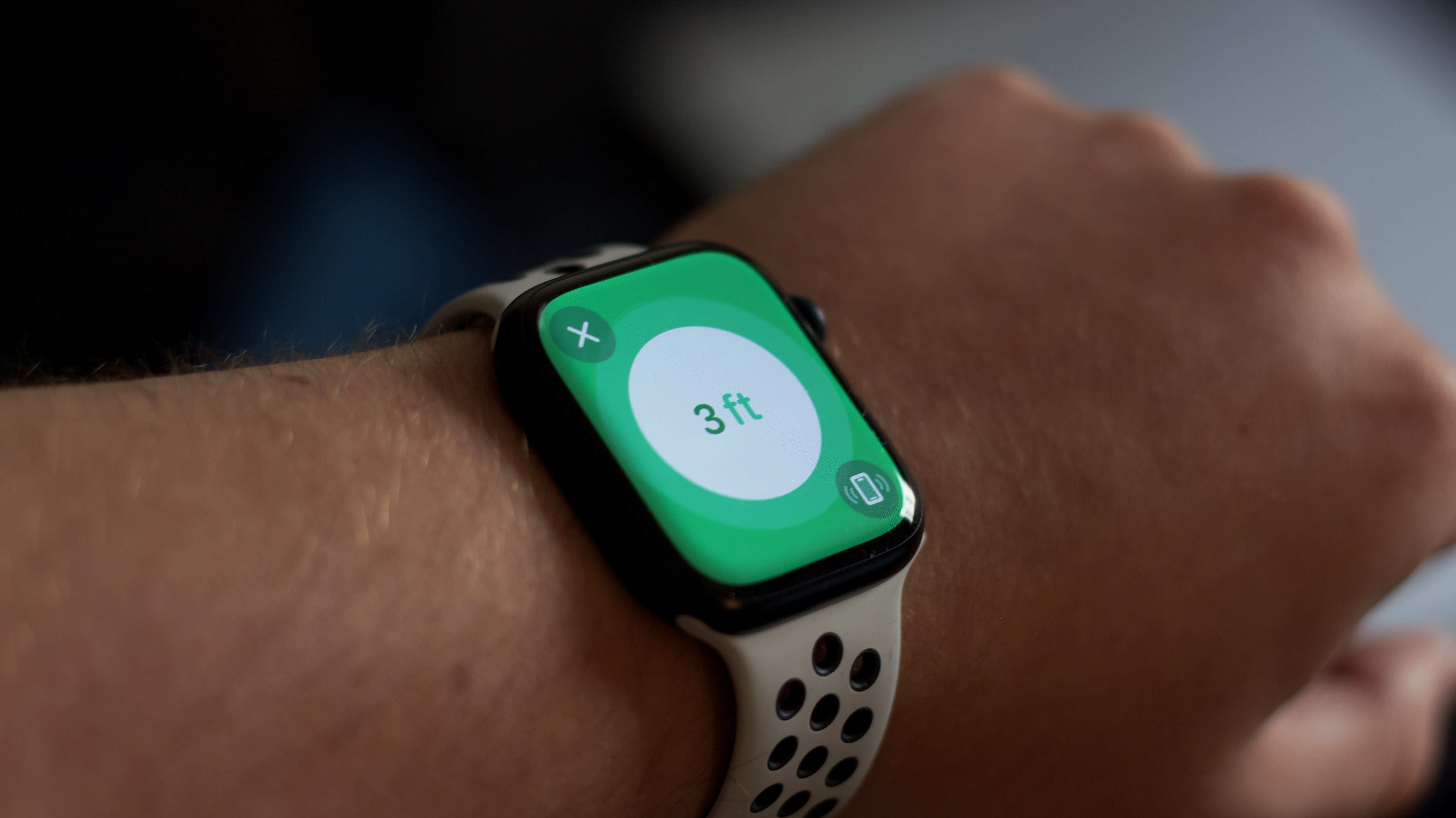Welcome to 2019, Android — Google debuts new 'Find My Device' network iPhone has had for years
They couldn't even come up with a different name!

Google has this week announced the rollout of its brand new Find My Device network on Android, a revolutionary security and location network that Apple came up with five years ago.
Apple’s Find My network first debuted in September 2019 and has evolved into an extensive network powered by every Apple device on the planet. It can be used to locate your iPhone, iPad, or MacBook when lost or stolen, and can help you find AirTags and the valuables attached to them.
Now, in 2024, Google and Android have finally caught up to Apple’s genius idea, apparently so inspiring they even decided to copy the name. Starting with the U.S. and Canada, a global rollout of Google Find My Device began this week.
Google’s Find My Device debuts
Google’s Find My Device network can be used in several different ways. Most obviously, you can use the network to locate an Android phone or tablet, even when they’re offline, just like you can with your best iPhone.
Find My Device can also be used to keep track of valuables using Bluetooth tags in the same way AirTags work. While Apple’s AirTags, iPhone 15, and Apple Watch Series 9 benefit from Precision Finding, one advantage Google has is better integration for the best AirTag alternatives from Chipolo and Pebblebee, including unknown tracker alerts to prevent stalking. While there is a feature for finding nearby items on Android’s Find My Device, the interface looks a little less precise and helpful than on iPhone, with no specific distance or direction information given in the demo.
If you’re an Android user, you can also use Nest home devices to pinpoint items in your house. While Apple’s HomePod 2 and HomePod mini can be used to ping devices like iPhones, their more limited interfaces don’t support trackers like AirTags. Google’s version of Find My also has a sharing feature akin to Family Sharing, too.
While it’s easy to poke fun at Google for being behind the curve on this, a functional network like this removes another serious USP when it comes to buying an iPhone or choosing one over Android. Apple and its users often laud the power of the Apple ecosystem, especially when it comes to device security, finding lost goods, and privacy and protection. Now, anyone looking to move to Android for the first time has one less potential reason to stick with Apple. Beyond unwanted tracking, there are no signs of Apple and Google coming together for any kind of cross-compatibility between networks (until the EU inevitably sticks its nose in). For now, therefore, the ball is very much back in Apple’s court to make iOS and Apple’s Find My network the best one on the planet. With WWDC 2024 and iOS 18 just weeks away, it’s possible we could see upgrades very soon!
Master your iPhone in minutes
iMore offers spot-on advice and guidance from our team of experts, with decades of Apple device experience to lean on. Learn more with iMore!
More from iMore

Stephen Warwick has written about Apple for five years at iMore and previously elsewhere. He covers all of iMore's latest breaking news regarding all of Apple's products and services, both hardware and software. Stephen has interviewed industry experts in a range of fields including finance, litigation, security, and more. He also specializes in curating and reviewing audio hardware and has experience beyond journalism in sound engineering, production, and design. Before becoming a writer Stephen studied Ancient History at University and also worked at Apple for more than two years. Stephen is also a host on the iMore show, a weekly podcast recorded live that discusses the latest in breaking Apple news, as well as featuring fun trivia about all things Apple. Follow him on Twitter @stephenwarwick9
